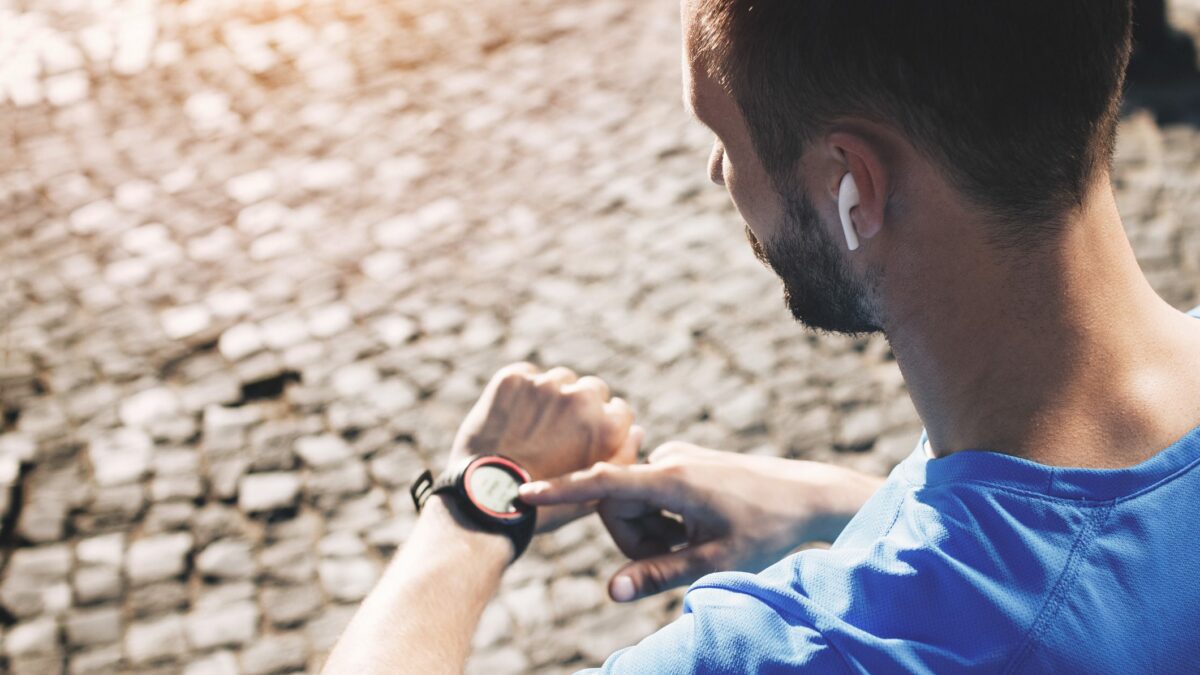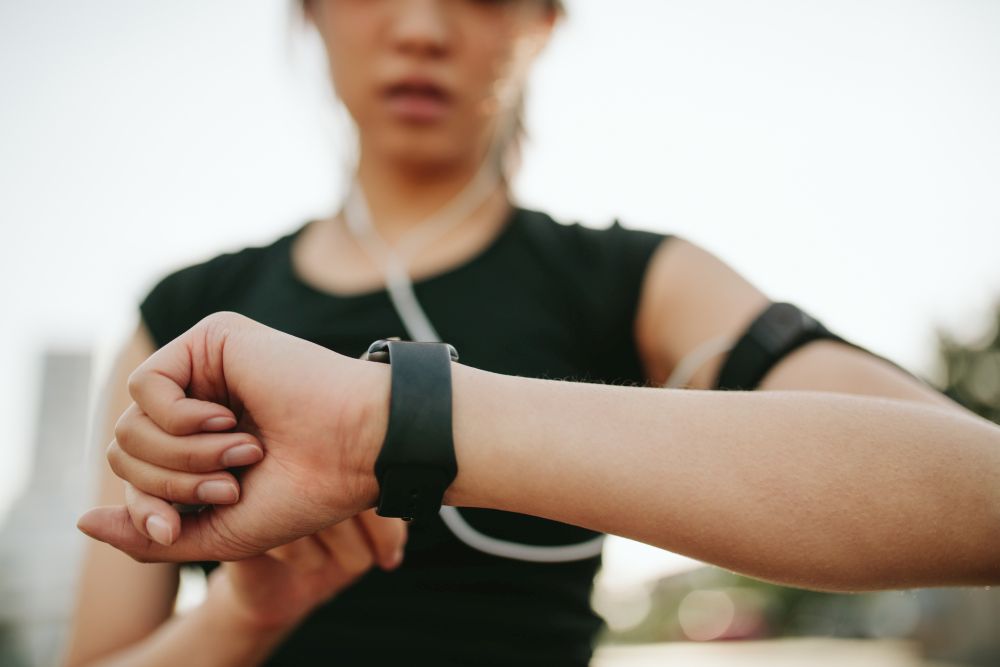How to connect to GPS more quickly
If your satellite connection seems more sluggish than usual, don't overlook some basic workarounds

Getting a quick and reliable GPS signal can sometimes feel more like a work of magic than of science. Although some runners may swear by their own odd rituals—from spinning counterclockwise to placing the running watch atop one’s head—to secure a speedy lock on orbiting satellites, the truth is, pseudoscience or the casting of spells won’t help you make the connection any more quickly. There are, however, a few basic workarounds you shouldn’t overlook if getting a signal seems more sluggish than usual.

Stay in the clear
Trying to get a lock on a GPS signal when next to towering buildings or dense growths of trees can really slow down connection times, especially when these interfering objects are obstructing a clear line of sight to the sky. If possible, start your run at least five metres from any tall buildings, bridges, bandshells, or any other large structure that may be causing interference.
Keep up to date
Tracking-device manufacturers make it simple to stay up to date with the latest version of your device’s software, but there may be times when you opt to pause updates, depending on your device’s battery level or access to the Internet. These updates can bring crucial improvements to features such as GPS tracking, making it important to stay mindful of updates, particularly if you’ve put auto updates on pause at some point. Conversely, new updates can rarely introduce new problems, so to ensure you can get a signal when you need it the most, make sure your first run after updating isn’t that race you’ve spent six months training for. Always put new software through its paces with a test run first.
Stay put
Waiting for a signal seems the perfect time to pace. While it may help you pass the time, it won’t make for a quicker connection. When starting a GPS session, you’ll get better results if you remain stationary for a few moments to allow the watch to establish a reliable lock. Sudden movements can disrupt the signal acquisition process.
Don’t make the problem worse
Rituals for getting a better GPS signal are not nearly as effective as they are entertaining, and in some cases they make connecting take longer, needlessly. Avoid snake-oil solutions such as shaking the watch, placing the watch on a metal surface or wrapping it with aluminum, which can increase interference of GPS signals.



